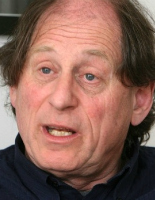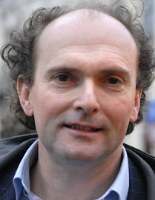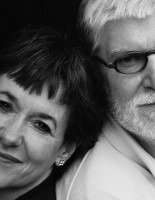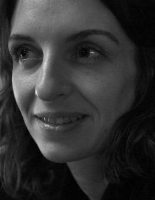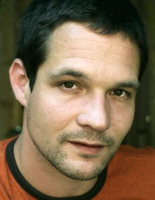
E. du Perron - Country of Origin
E. du Perron, along with his friend, the essayist and writer Menno ter Braak, possessed the good taste and sense of direction needed to brighten the literary climate of The Netherlands in the 1930s. As editors of the renowned magazine Forum, they passionately defended the belief that neither form nor style were the crucial factors in prose and poetry: the personality of the writer, as it emerged through his or her work, was most important of all.
In Country of Origin, Du Perron’s magnum opus, he put this literary philosophy into practice. Two plots intertwine. The first tells the evocative story of the childhood of Arthur Ducroo, Du Perron’s alter ago, who grows up in the Dutch East Indies in the 1900s surrounded by power and wealth. The second is the story of the writer himself in the years 1933-34, in the form of diary entries, letters, and discussions with acquaintances, Menno ter Braak and André Malraux among them.
While the passages set in the Dutch East Indies (present-day Indonesia) are generally happy, the contemporary passages convey the relentless and palpable threat of approaching war. The hybrid structure makes Country of Origin a unique, multifaceted, even postmodern book. It is certainly an astonishingly sharp, honest and uncompromising self-portrait.
Biography
E. de Perron (1899-1940) spent his youth in Java and much of his adult life in Europe. He was the co-founder of Forum, a magazine dedicated to replacing the superficial elegance of literary style with the greater sincerity achieved by focusing on literary content. Du Perron strove for independence of judgment and personal autonomy. He criticized mediocrity, mimicry and literary bombast, and spoke out against political coercion and other limits to freedom. He died in The Netherlands in 1940, on the day the Dutch army surrendered to the invading Germans.
QUOTES
- ‘One of the most important books of modern Dutch literature.’ - Le Monde Des Livres
